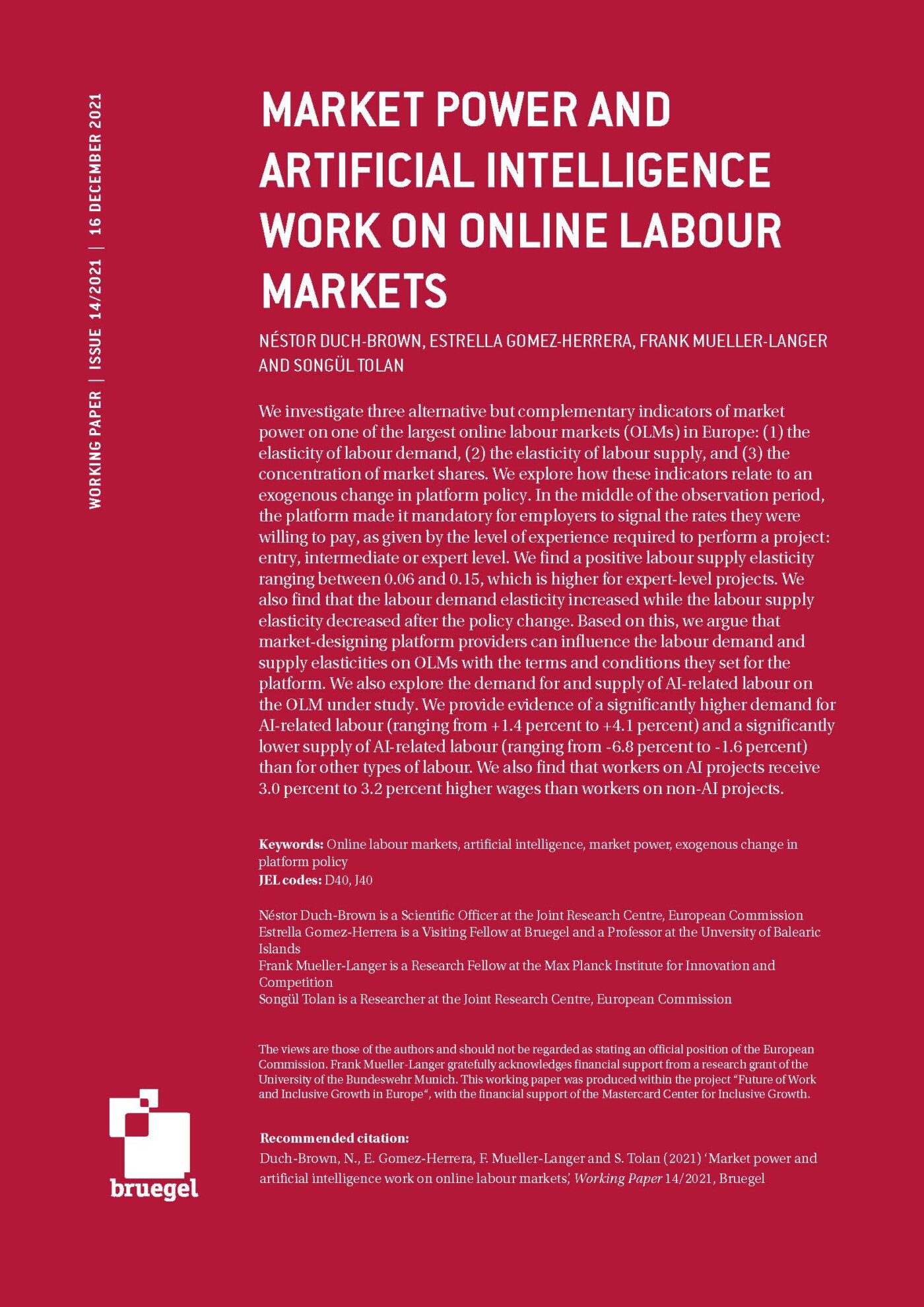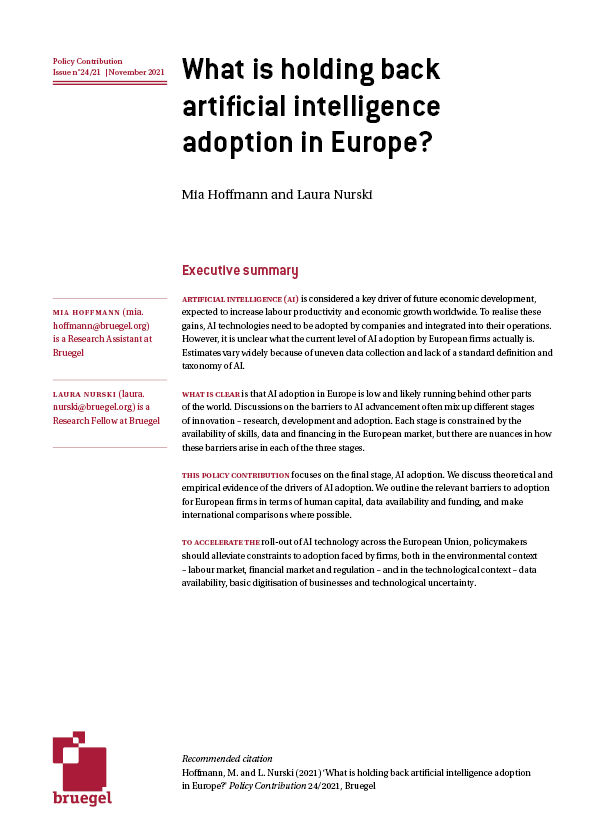Blog Post
L’IA a besoin d’humains qualifiés
L'adoption des technologies IA repose moins sur des scientifiques de haut niveau que sur des spécialistes des données et des programmeurs compétents qui peuvent mettre en pratique les algorithmes d'apprentissage profond existants à des fins commerciales.
Il est vrai que l’Europe produit plus de doctorats en sciences et en ingénierie que toute autre partie du monde. Mais l’adoption des technologies IA repose moins sur des scientifiques de haut niveau que sur des spécialistes des données et des programmeurs compétents qui peuvent mettre en pratique les algorithmes d’apprentissage profond existants à des fins commerciales, comme le souligne Kai-Fu Lee dans son livre « AI Superpowers ».
Pénurie de talents en Europe
Quelle est donc la gravité de la pénurie de talents pratiques en Europe et comment se situe-t-elle par rapport aux Etats-Unis, à la Chine et au Royaume-Uni – les champions mondiaux de l’IA ? Les données sont rares et les comparaisons internationales difficiles. Mais de multiples sources de données se combinent pour indiquer clairement que l’UE est peu performante en matière de formation et de rétention des talents dans le domaine de l’IA.
Nos recherches montrent que les universités américaines, britanniques et chinoises produisent, en pourcentage de la population, beaucoup plus d’informaticiens que leurs homologues européens (bien que les données manquent notamment pour la France, les Pays-Bas, la Pologne et quelques autres pays). Jusqu’à deux fois plus. Et, pour les bachelors, les chiffres augmentent rapidement aux Etats-Unis et au Royaume-Uni alors qu’ils stagnent en Europe.
Une solution pourrait consister à importer ces talents de l’étranger. Mais là encore, l’UE échoue. Son marché du travail n’attire qu’une part relativement faible des talents internationaux dans le domaine de l’IA. Pire encore, l’Europe perd une grande partie des doctorats qu’elle forme dans ce domaine au profit des Etats-Unis en particulier.
Plan Européen
Il n’est donc pas surprenant qu’une étude de LinkedIn sur les profils de ses utilisateurs ait révélé que le Royaume-Uni compte 1,8 fois plus de personnes ayant des compétences en IA que la moyenne de l’UE. Les Etats-Unis en ont 3,1 fois plus.
Des efforts sont en cours au niveau national et européen pour combler le déficit en matière d’IA. En août 2019, le gouvernement allemand a déclaré qu’il attribuerait 30 nouvelles chaires en IA. En février 2020, la Commission européenne s’est engagée à élaborer un plan qui permettrait « d’attirer les meilleurs professeurs et scientifiques » et « d’offrir des programmes de master en IA de niveau mondial ». Ces mesures sont les bienvenues.
Republishing and referencing
Bruegel considers itself a public good and takes no institutional standpoint. Anyone is free to republish and/or quote this post without prior consent. Please provide a full reference, clearly stating Bruegel and the relevant author as the source, and include a prominent hyperlink to the original post.











